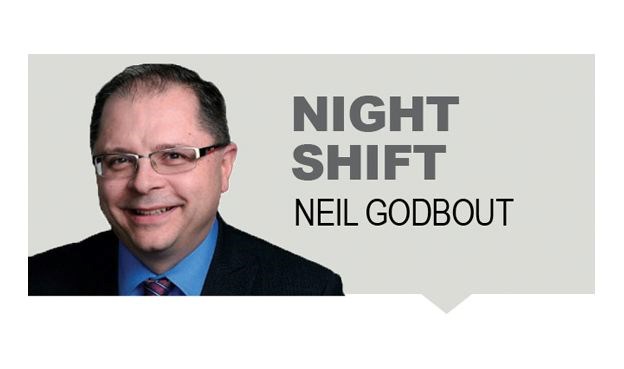Early in the pandemic, there was some talk by wishful politicians that herd immunity would be enough to deal with the coronavirus, that shutting down vast sections of the economy and putting millions out of work wouldn’t be necessary. The idea was that enough people would be exposed, be mildly sick for a short time and then be immune, able to work and protect others.
Two problems with COVID-19 made herd immunity impossible. First, the ability for asymptomatic people to spread the virus for days, a fact well-known early in the pandemic, despite the senior politicians proclaiming as late as last week that they had no idea. Second, COVID-19 makes people far sicker for far longer and kills far more people than the average flu, again despite political leaders and American broadcasters insisting for too long, well into late March, that it was “just another flu.”
Herd immunity is what makes childhood vaccinations work so well. If the vast majority of children are vaccinated for measles, mumps, rubella, chickenpox, pertussis and so on, they form a wall of protection around the small group of children unable to be vaccinated due to underlying health conditions.
If there is one silver lining in this pandemic cloud, it’s hopefully that we’ve heard the last of anti-vaxxers. It will be a vaccine, after all, that will protect humans from COVID-19. Sadly, that vaccine won’t come in time to save millions of people around the world, in our country and in our province.
Modern society has allowed many people to unplug from the herd. In a much earlier time in human history, selfishness, individuality, being a loner, going your own way was suicidal. The only way for early humans to survive in a hostile environment with few resources was to band together. Self-survival was intimately tied to the health and well-being of one’s neighbour and the overall herd.
Human evolution experts are increasingly convinced by the fossil record and other evidence that homo sapiens survived while other forms of early human, such as Neanderthals, didn’t because homo sapiens were better team players, using their imagination to adjust to new situations with innovative approaches to further the longevity of the herd.
In other words, survival of the fittest isn’t individual brute strength, self-interest and mercilessly culling out the weak. It’s kinship, collaboration and kindness.
The herd ethic isn’t perfect, of course. The mob mentality is also a manifestation of the herd. Otherwise sensible people have found themselves looting, hoarding, rioting, wilfully putting themselves and others in danger and later can’t explain why, their behaviour as senseless and against their self-interest as the creatures mindlessly following their neighbour off a cliff.
Fortunately, the mob never prevails, although it can do catastrophic damage in a short time, up to and including destruction of itself and the herd (sounds like a virus, doesn’t it?).
Fortunately, that is rare. If it were more common, homo sapiens and the many other herd creatures wouldn’t be here today.
The herd endures.
It’s more than selflessness and altruism leading so many people to do the right thing - healthcare workers putting themselves at risk to treat people they don’t know, essential workers showing up for their shifts, families staying home to protect themselves and others from COVID-19.
That’s the herd programming, hardwired deep in our brains, at work.
That’s the elephants and the bison and the musk ox forming a circle around the most vulnerable members of the herd while facing the external threat head-on.
For them and us, then and now, the herd is salvation, the mob annihilation.



